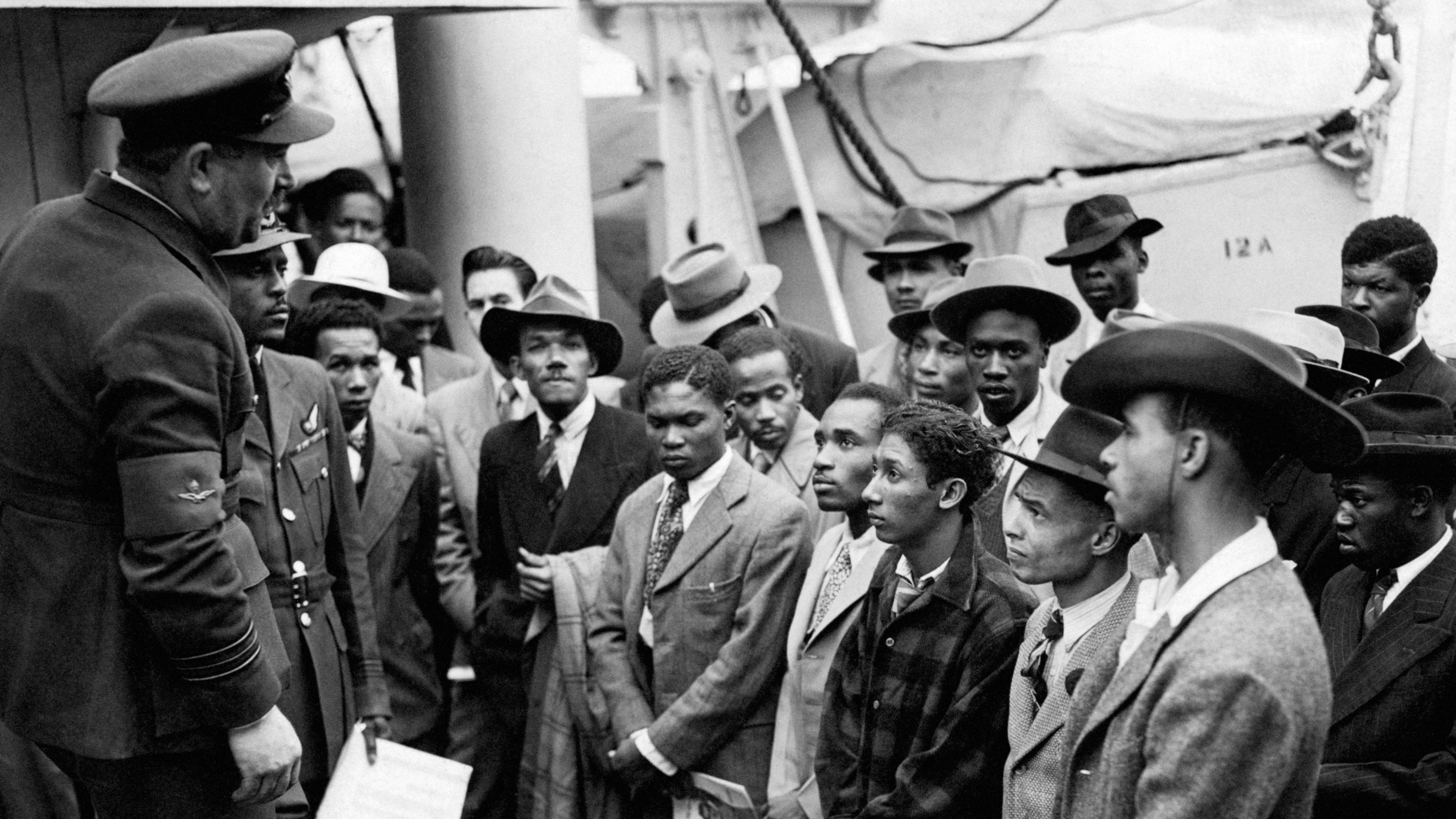In 1948, Britain decided that it was ready to accept its colonized citizens who were born in territories controlled by the crown.
This decision was contained in the 1948 law known as the British Nationality Act. In the last century, this piece of immigration legislation has proven to be one of the most liberal.
But such openness was occasioned by something dire – the threat of an economic implosion after World War II.
All efforts had been marshaled into defeating Nazi Germany and its allies. Britain had been pushed to its imaginable limits and drained by the scourge of European fascism.
To build from the ground up, labor, preferably cheap, was needed by the industries in the heart of England.
What the United Kingdom did in 1948 is similar to labor strategies it employed in colonies after slavery.

For instance, in the Caribbean, British plantation owners convinced a sprawling lot of poor Indians to come over as indentured servants.
As Face2FaceAfrica has noted in another story, the Indians went to the Caribbean islands on the word of the British colonizers who promised economic salvation.
Committing Indians into indentured service after the business of transporting African slaves to the New World, was a very successful commercial option for the British in their colonies.
In Africa, the Indians were taken to Uganda, Kenya, Mauritius, South Africa among others. In the Caribbean, they were taken to Guyana, Trinidad and Tobago and Jamaica.
The Indians complemented the labors of the descendants of African slaves. Above them, British interests superseded while the colonizers designed a social fabric that essentially played into divisions among the laboring class.
The years after 1945 were those for an empire that had to reconfigure the use of its massive colonization achievements. The colonized were thus invited into Britain.
Between the promulgation of the Nationality Act and the mid-1970s, over 500,000 economic immigrants left their homes in the Caribbean in pursuit of the promise of prosperity.
In the early years of this exodus, the ship that transported the men and women from the Caribbean to the UK was a spoil of war that the British had seized from the Germans during the war.
This ship was renamed Empire Windrush. In the 1950s when the ship went picking up servicemen in Jamaica, an advert was put out that the ship would take anyone else who was willing to emigrate to the UK to work.
The labor shortage after the war meant that the UK was not even insistent on passports for some people. The point of admitting laborers to rebuild damaged infrastructure and bring back life to public services was bigger than paperwork.
Other Caribbean immigrants came after Empire Windrush had docked in London. Anyone else who came in the same spirit as the first group was referred to as a member of the Windrush generation.
The immigrants found work as construction laborers, in public services, hospitality services. A few others were lucky to have “dignified” administrative jobs as well as serve in the police.
They experienced racial discrimination especially in employment and housing. After the war, Britain did not have enough houses for its people, which meant that the poor among the white natives were to compete with the Caribbean immigrants for space.
The racial tension spilled into violent episodes in places like Birmingham, London and Nottingham.
Indeed, one of the most famous carnivals of these times, the Notting Hill Carnival, was dreamt up to replace the sour memories of the racial discrimination suffered by the Windrush generation.
According to later British laws, anyone who had arrived in Britain before 1973, 25 years after the Nationality Act was passed, had the right to stay.
But starting in 2012, the British upped its crackdown on illegal immigration in an effort the former prime minister, Theresa May, said was supposed to create a “hostile environment” for illegal immigrants.
Some in the Windrush generation, who had been in the UK for over 50 years, had no documents to the effect of claiming citizenship. It was the same with others who had been born in the UK by parents from the Windrush generation.
Some of these people were arrested and deported back to the Caribbean in 2018.
To date, the Conservative government maintains that it was a “bureaucratic” mistake that led to the deportation of more than 80 people.










